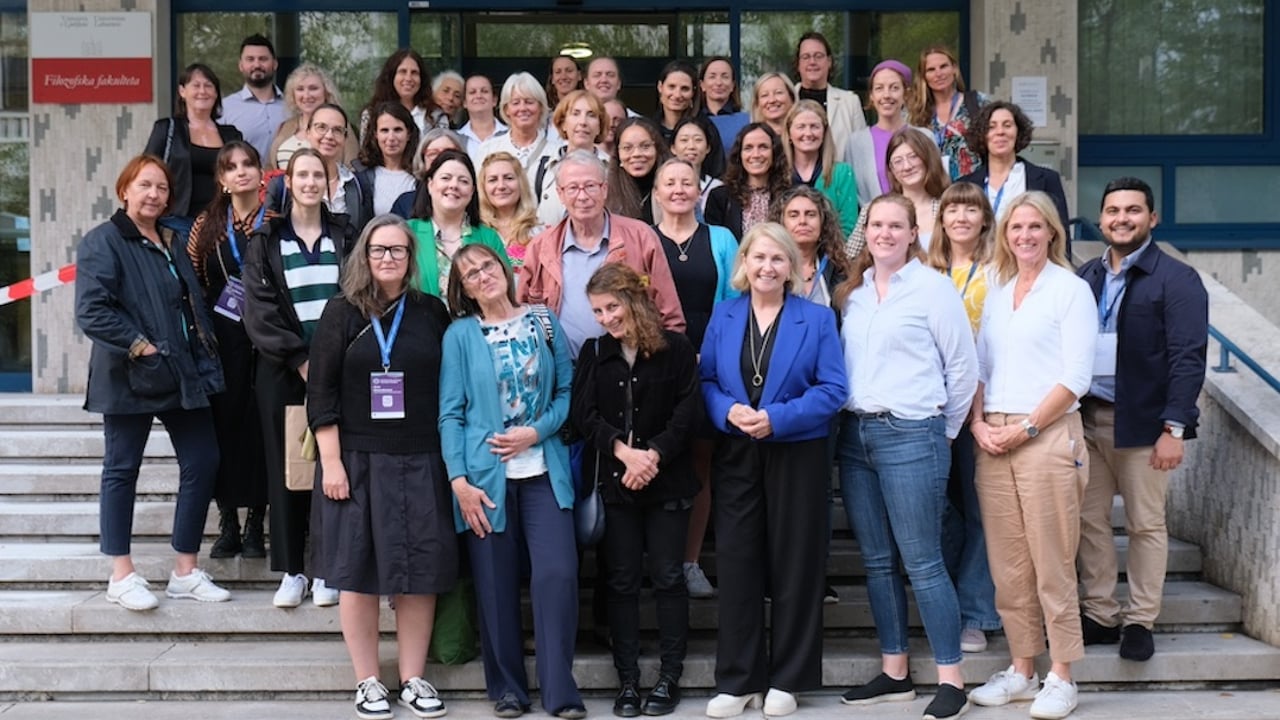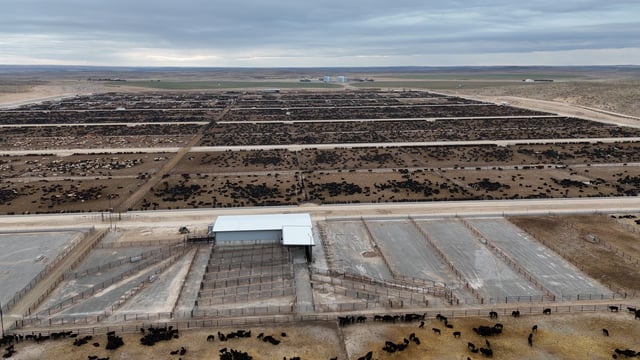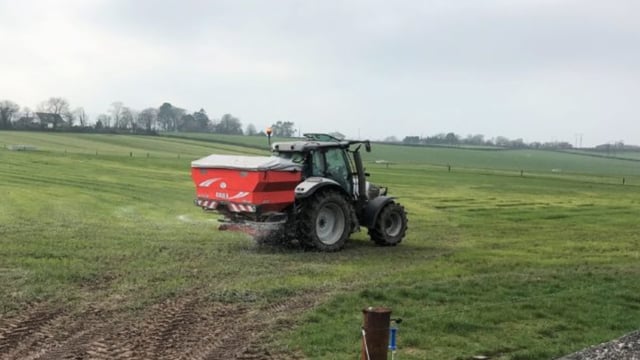FLIARA: Challenging stereotypes about women in farming
There are many stereotypes about women in the farming industry which should be challenged and awareness raised of the value of women in rural Europe.
That's according to Miriam and Rachel Hastings of Hastings Influencers, who are innovators in the Female-Led Innovation in Agriculture and Rural Areas (FLIARA) project.
Funded by Horizon Europe, the undertaking seeks to change the reality that while innovation is the backbone of sustainability, the contributions of women in agriculture and rural development often remain under recognised.
The sisters have helped out on their family sheep and suckler farm in Ballyforan on the Galway and Roscommon border since childhood, and continue to do so while holding down jobs in education.
During the Covid-19 pandemic they witnessed their parents and other farmers continue working while other professions ground to a halt. They established an Instagram account in 2020 to raise awareness of the foundational need for farming to sustain society and to spotlight the positives of farming as a career.
'Keeping up with the Hastings' showcases the diverse aspects of farming life. They create content to provide insight into daily farming operations, share tips on sustainable farming practices, highlight new innovations and technologies, and portray the challenges and rewards of working of farming.
This activity has turned their platform into a hub for building networks, knowledge exchange, and facilitating mutual learning opportunities for the Hastings sisters and their followers.
Their platform sees interaction from people outside traditional agricultural sectors and across a range of age groups, helping to bridge the gap between producers and consumers. It is also used by the sisters to promote women in agriculture.
"We particularly like being part of the FLIARA community," they said.
"We have met so many people, having networked with other women-led innovative practices in farming and rural areas. It is great to have the community to share experiences and ideas to become more knowledgeable as female innovators. We look forward to meeting more females as part of the FLIARA community," they added.
Through a comprehensive visibility campaign and an active Community of Practice (CoP), FLIARA showcases the transformative work of 200 female innovators across 10 European countries, showcasing their impact on rural economies and communities. The FLIARA ambassadors from Ireland are Blatnaid Gallagher of Galway Wool and Ursula Kelly of Cormac Tagging.
Led by the University of Galway and supported by 14 international partners including universities, European networks, advisory bodies, community organisations, and SMEs, the project spans Ireland, the Netherlands, Germany, Sweden, Slovenia, Czechia, Romania, Italy, Spain, and Finland.
By fostering collaboration among researchers, policymakers, and practitioners, FLIARA aims to pave the way for a more inclusive and innovative rural future.
At the heart of the initiative are the 20 FLIARA ambassadors, selected from the 200 case studies, who act as champions of women-led innovation.
These trailblazers engage in the CoP, where knowledge exchange, mentorship, and peer learning work to drive meaningful change. Their mission is to inspire, advocate, and push for systemic transformations that empower women in agriculture and rural development.
Víctor R. Martínez, representing Spain in the FLIARA initiative, highlighted the power of visibility in fostering change.
"FLIARA is more than a project - it’s a movement. By amplifying the voices of these 200 extraordinary women, we not only celebrate their successes but also ensure that their innovations become a catalyst for future generations," Victor said.
"Through our visibility campaign, we are breaking barriers and redefining leadership in rural areas."
The FLIARA visibility campaign is a strategic effort designed to advocate for women in innovation, share success stories, strengthen networks, and drive policy reform. Ambassadors raise awareness of the challenges and achievements of female entrepreneurs in rural settings.
By showcasing innovative practices and resilience, the campaign serves as a model for aspiring rural innovators. Through collaborations with policymakers, agricultural knowledge networks, and industry leaders, FLIARA fosters connections that provide critical support and resources.
The project actively engages with EU and national policymakers, offering evidence-based recommendations to enhance support systems for women in agriculture.
A core objective of FLIARA is translating research into action. The project is conducting an in-depth analysis of policies affecting female innovators in agriculture, aiming to influence legislative frameworks that promote gender equality and innovation.
Maura Farrell, associate professor and project coordinator, underscored the importance of political engagement.
"Over the coming months, we will work closely with policymakers and stakeholders who are genuinely committed to advancing women’s roles in agriculture and rural entrepreneurship. Our goal is to ensure that decision-makers have access to FLIARA’s findings and to collaborate on policies that truly reflect the needs of women innovators," Farrell said.
Beyond research and policy recommendations, FLIARA is building a legacy of empowerment. The CoP network aspires to be a long-term hub for training, mentorship, and innovation, equipping women with the tools to thrive in rural economies.
Louise Weir, project manager of FLIARA at the University of Galway, emphasised the need for recognition and systemic change.
"Women in rural areas are shaping the future of agriculture through creativity and resilience. It is time for policies and support systems to fully acknowledge their role in building sustainable rural economies," she said.
These policies will be elevated to the European stage, as FLIARA’s findings are expected to bring together policymakers in Brussels next autumn.
Through this engagement, the project will continue advocating for tangible legislative advancements that empower women innovators, ensuring their contributions shape the future of rural economies across Europe.





